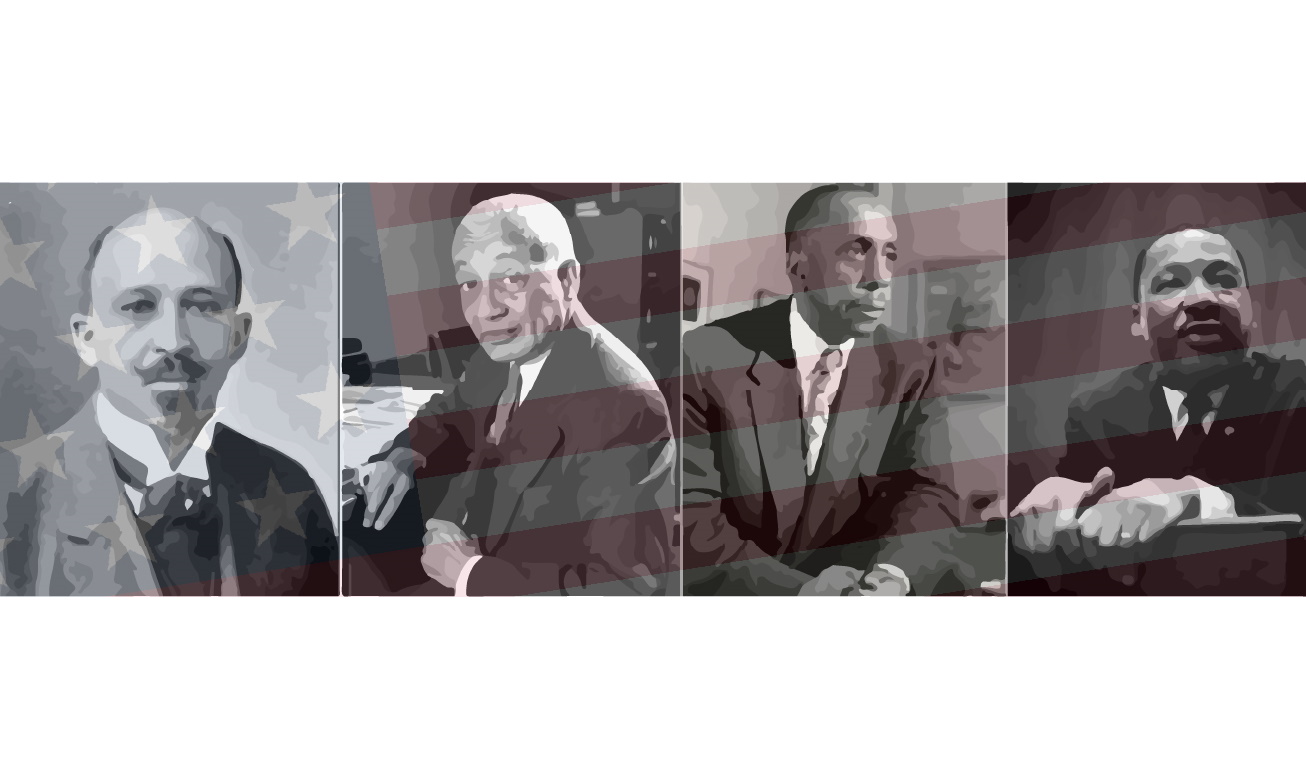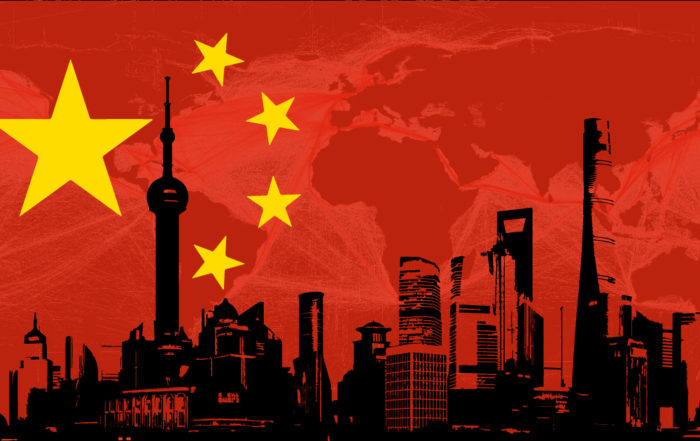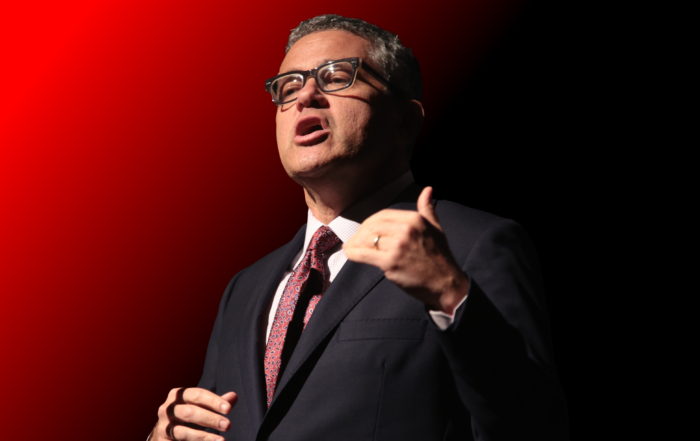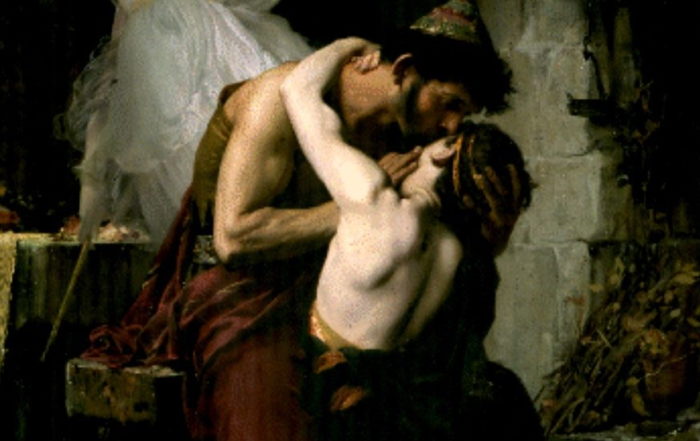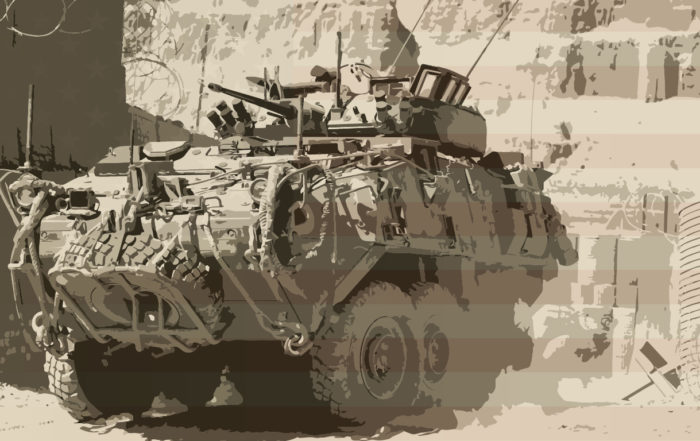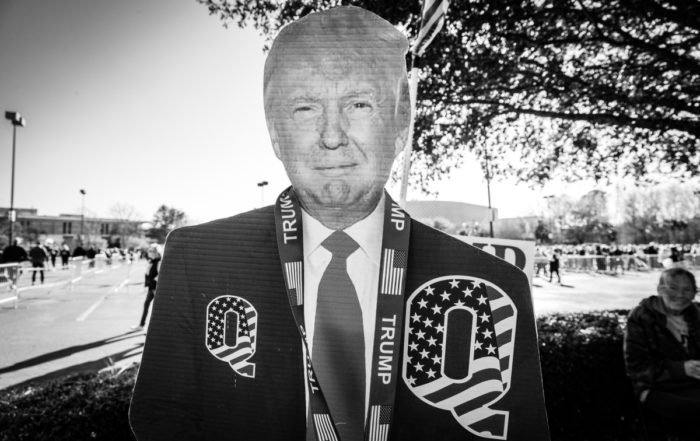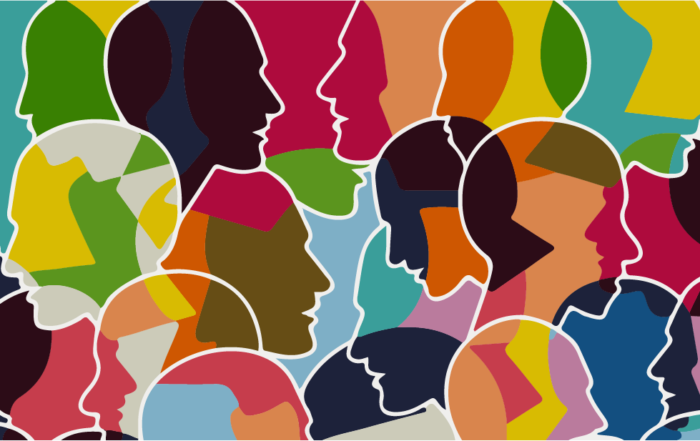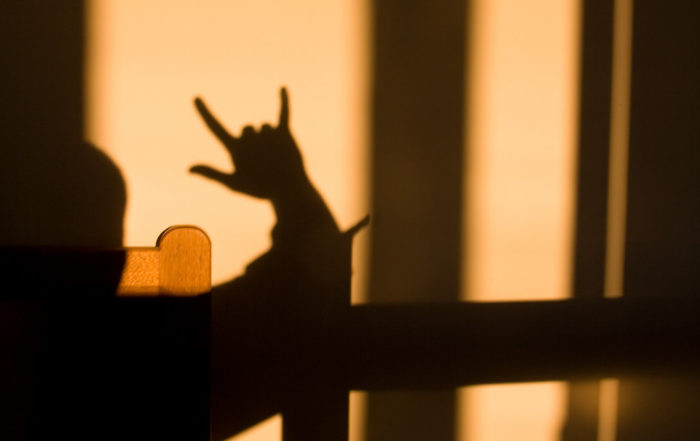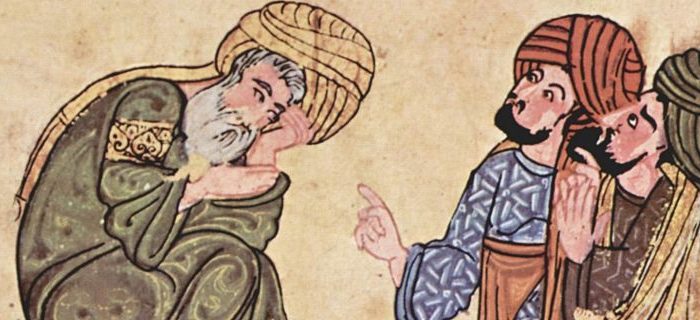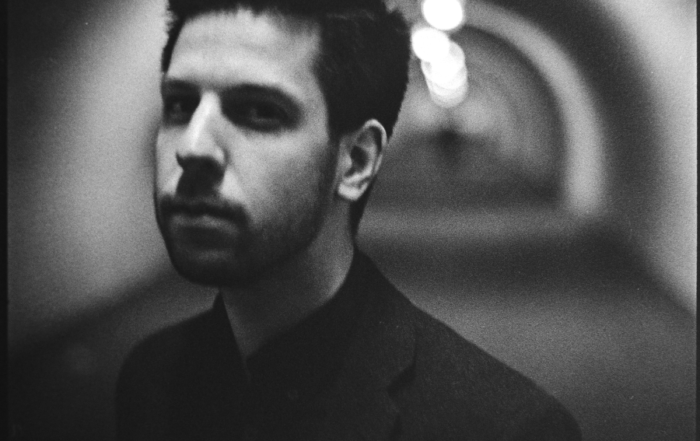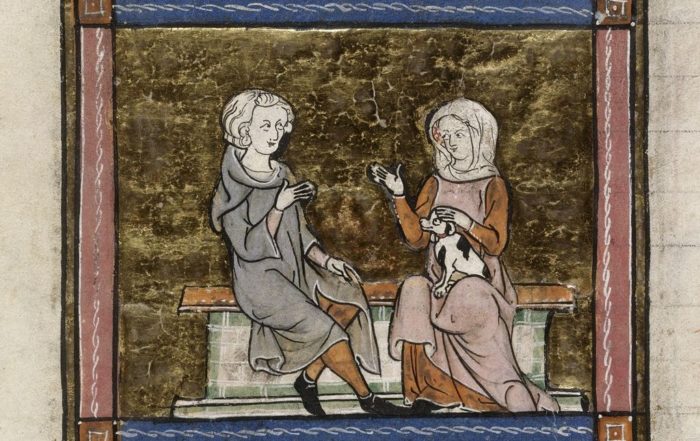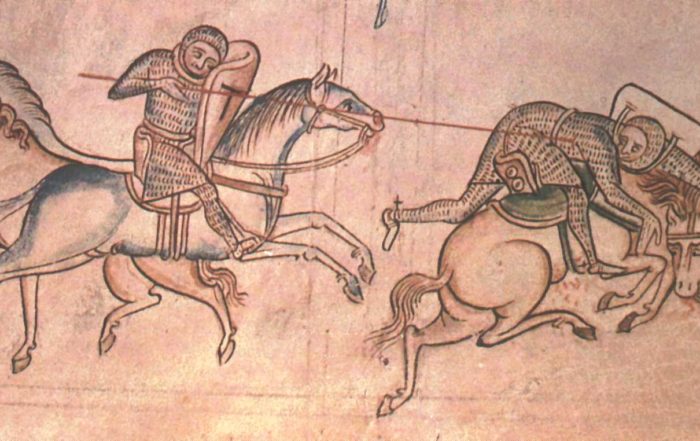SPOTLIGHT
THEORY
War, Peace, Wealth, and Recognition
By: Dan Corjescu Is the world making more love than war these days? And if so why? It is a
The Ecstatic Agony of Jeffrey Toobin
Mr. Toobin is a celebrity. Therefore, he has no right (as it were) to lower himself to our level or at least not in such a way that we are made aware of it. Discretion is the better part of ardor, especially for those in the public eye. Since those who wield power (control over other people’s destinies) belong to the priestly caste of society, they must relinquish the life of the peasant in exchange for their rank as sanctified members of the hierarchy. The peasant is no better than an animal; the priest must not descend to the level of the peasant, or be witnessed doing so, lest the peasantry become disillusioned, and begin to question their lack of status, let alone, rebel against priestly authority. That violates the tacit social contract (or unstated Freudian bargain) that we make with our living symbols of supernal grace.
Recognition by the Father: Montreal’s Favorite Son Leonard Cohen and an Ancient Story of Homecoming
The themes of homecoming and the father-son relationship have received a lot of literary attention recently. Marilynne Robinson just published Jack, the fourth novel in her Gilead series, about the Ames and Boughton families’ complicated stories of homecoming, fatherhood, and sonhood in an American small town beset by racial and religious tension. The tensions between fathers and sons, and the son’s struggle with finding his way back home are timeless and cross-cultural, and trigger some of the deepest issues we have with identity and belonging. Look to any cultural literary tradition, whether of the West, the East, or the Middle East, and you will find tales of fathers, and those sons who attempt to find their way back into their recognition. Songs by the Canadian musician Leonard Cohen, who died four years ago at the age of 82, suggest that he grappled with the father-son relationship, and with the emotional desire for home and homecoming. Cohen might not at first seem to have much in common with an ancient Greek figure, but a comparison yields rich and provocative similarities between Cohen and Odysseus, the hero of Homer’s poem of homecoming, the Odyssey. Odysseus, a fictional warrior with talents, like Cohen, as a language-artist, is better-known for his homecoming as a husband, but he ultimately returns to his broken father as the honored and beloved son. Homer’s and Cohen’s poetry have some surprising parallels on this theme. The fictional character of Homer’s ancient epic and the real-life contemporary poet and musician speak to each other across time and space.
PRACTICE
President Joe Biden’s First Foreign Policy Speech: Its Implications for Africa and the Developing World
By: David O. Monda President Joe Biden’s first foreign policy speech was high on ideals but low on priorities regarding
Losers: The Party of Alternative Facts
For the past thirty years the Republican party has slowly surrendered itself to a seething mob of personalities who’ve built their careers competing to produce the most outrageous opinions. To inherit Limbaugh’s influence over the party.
The Ethics of Belief: It’s not just Trump supporters who believe wrongly—it’s all of us
Many of people’s most cherished beliefs—on important matters such as religion, health, science, ethics, justice, and more—are not based on strong evidence.
JUSTICE
As a Child of Deaf Adults: Problems with Identity Politics from a Progressive Perspective
Today’s dominant progressive tastemakers seem to feel that identity politics should either be bought wholesale, or you’re not a progressive.
Responding to Morally Flawed Historical Philosophers and Philosophies
Victor Fabian Abundez-Guerra and Nathan Nobis from 1000-Word Philosophy examine the difficult issue of how to deal with the objectionable
Wholesale Crimes
by Victor Wallis In their 1979 book The Washington Connection and Third World Fascism, Noam Chomsky and the late Edward
ARTS & LETTERS
Featured Author: Jared Marcel Pollen
Jared Marcel Pollen is a novelist and essayist, whose writing on political subjects looks out upon the world from a space where one might have once found Orwell, Hitchens, or Arendt.
The Tradition in Traditional Masculinity
Pinker points to both the origin and function of a code of conduct that became the Western view of masculinity. ... the biological realities of the male species could be best and most productively served through the attainment and development of specific virtues.
Stoicism & the Destruction of Man
Recently, the American Psychological Association (APA) took aim at “traditional masculinity” by, amongst other things, criticizing “stoicism” as one of its problematic characteristics (APA Guidelines 11). But the essence of stoicism, and our understanding of it, stems from a philosophy that is meant to allow the individual to reach their full potential as a human.





